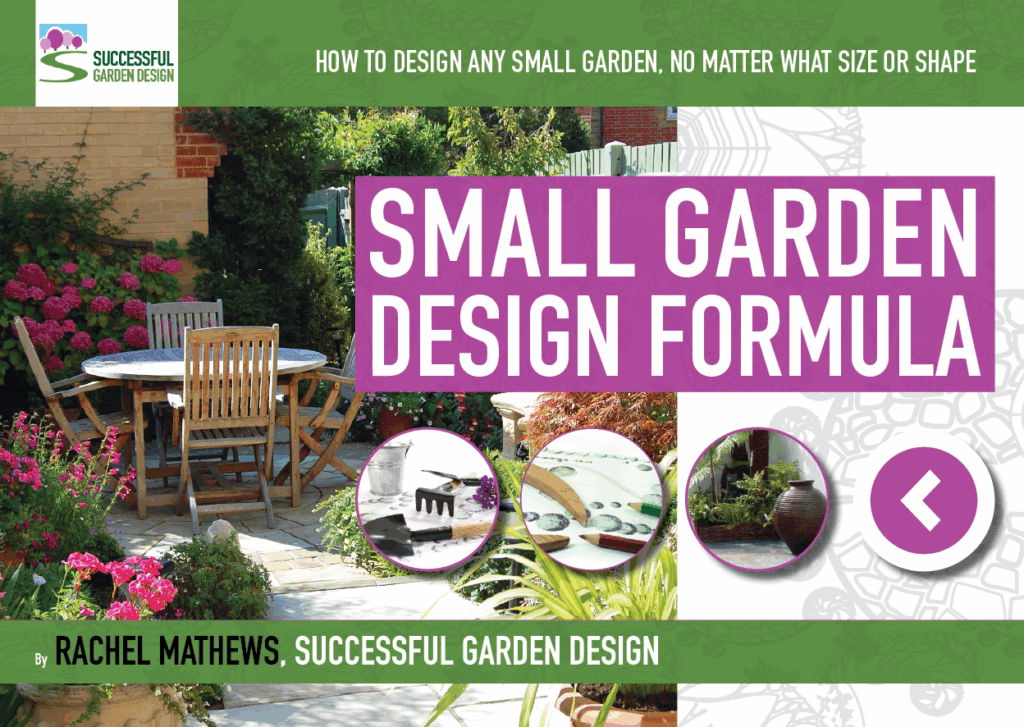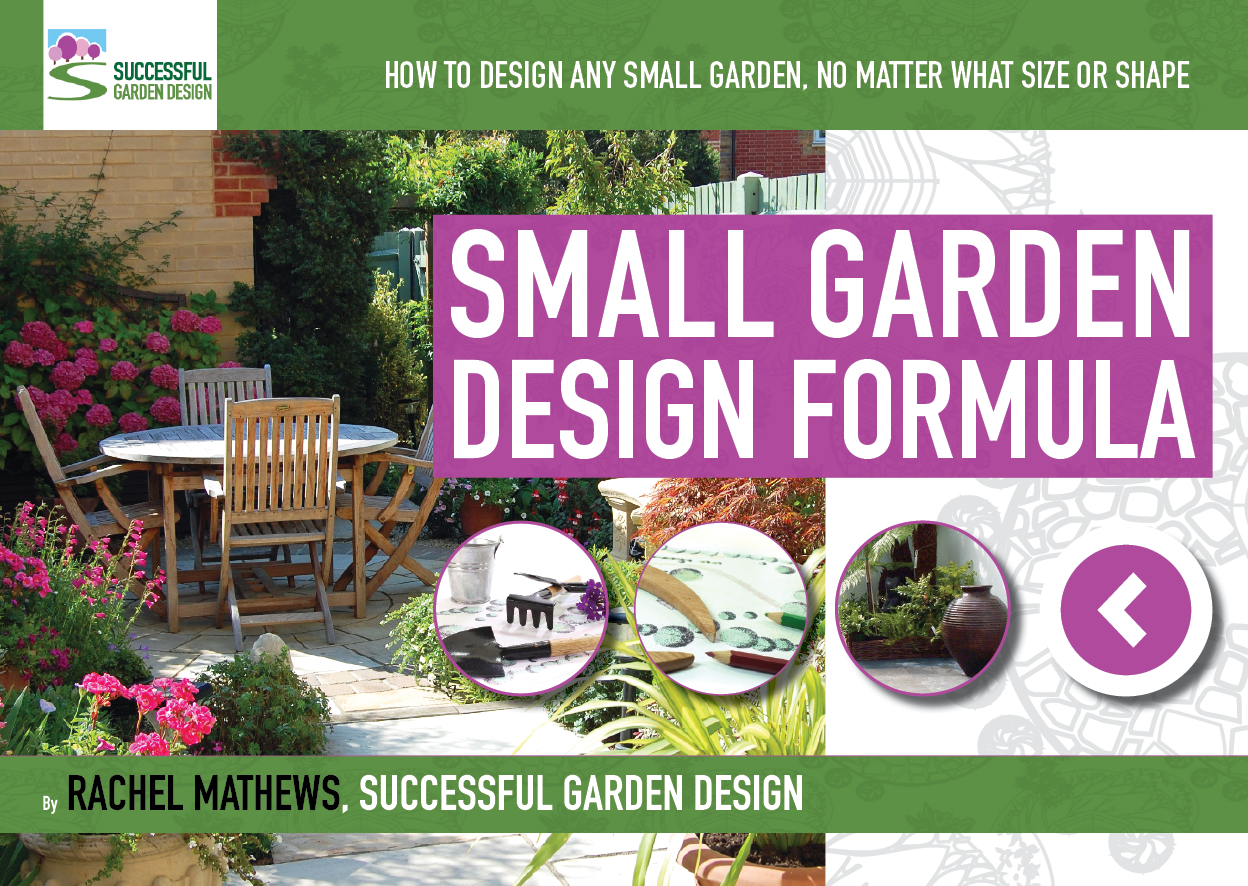
Cultivating Green Spaces: Exploring the Best Online Landscape Design Courses
In an increasingly urbanized world, the demand for aesthetically pleasing and ecologically sound outdoor spaces is surging. Landscape design, a blend of art and science, is at the forefront of creating these environments. For aspiring landscape architects, seasoned gardeners looking to refine their skills, or simply individuals passionate about transforming outdoor areas, online landscape design courses offer a flexible and accessible pathway to knowledge and expertise. This article delves into the world of online landscape design courses, highlighting their benefits, key considerations when choosing a program, and some of the top options available.
The Rise of Online Landscape Design Education
The digital revolution has transformed education across various disciplines, and landscape design is no exception. Online landscape design courses provide a convenient alternative to traditional brick-and-mortar programs, allowing students to learn at their own pace and from the comfort of their homes. This accessibility is particularly beneficial for individuals with busy schedules, geographical limitations, or those seeking to supplement their existing knowledge.
Benefits of Online Learning
- Flexibility: Learn anytime, anywhere, fitting studies around personal commitments.
- Accessibility: Overcome geographical barriers and access courses from leading institutions worldwide.
- Cost-Effectiveness: Often more affordable than traditional programs, with reduced commuting and accommodation costs.
- Self-Paced Learning: Progress through the material at your own speed, revisiting concepts as needed.
- Diverse Course Options: Choose from a wide range of specialized courses catering to different skill levels and interests.
Key Considerations When Choosing an Online Landscape Design Course
With a plethora of online landscape design courses available, selecting the right one can be overwhelming. Here are some crucial factors to consider:
Accreditation and Recognition
Check if the course is accredited by a reputable organization or affiliated with a recognized educational institution. Accreditation ensures that the course meets certain quality standards and that the credentials earned are recognized by employers and professional bodies. Look for courses that align with industry standards and best practices.
Course Content and Curriculum
Carefully review the course syllabus to ensure that it covers the topics and skills you are interested in learning. A comprehensive online landscape design course should include fundamental principles of design, plant selection and horticulture, site analysis and planning, construction techniques, and sustainable design practices. Some courses may also offer specialized modules in areas such as irrigation design, lighting design, or hardscape design.
Instructor Expertise and Experience
Research the instructors who will be teaching the course. Look for instructors with extensive experience in landscape design and a proven track record of success. Ideally, instructors should be practicing landscape architects or designers who can provide real-world insights and practical guidance. Read reviews and testimonials from previous students to gauge the quality of instruction.
Learning Platform and Resources
Evaluate the online learning platform used by the course provider. The platform should be user-friendly, intuitive, and accessible on various devices. Ensure that the course provides access to essential learning resources, such as lecture videos, readings, assignments, quizzes, and discussion forums. A well-designed learning platform can enhance the learning experience and facilitate interaction with instructors and fellow students.
Software Proficiency
Many online landscape design courses incorporate the use of industry-standard software for creating landscape plans and visualizations. Check if the course provides training on software such as AutoCAD, SketchUp, or Vectorworks. Proficiency in these tools is highly valued in the landscape design profession. If the course does not include software training, consider supplementing your learning with separate tutorials or workshops.
Cost and Payment Options
Compare the cost of different online landscape design courses and consider your budget. Look for courses that offer flexible payment options, such as installment plans or scholarships. Be wary of courses that seem too good to be true, as they may lack quality or credibility. Also, inquire about refund policies in case you are not satisfied with the course.
Top Online Landscape Design Courses to Consider
While specific recommendations depend on individual needs and preferences, here are some reputable online landscape design courses and platforms to explore:
- The New York Botanical Garden (NYBG): Offers a comprehensive online landscape design certificate program covering various aspects of design, horticulture, and construction.
- The Landscape Institute (LI): Provides access to a range of online courses and webinars focusing on specific topics in landscape architecture and design.
- Coursera: Features courses from leading universities and institutions on landscape architecture, sustainable design, and urban planning.
- Udemy: Offers a wide variety of online landscape design courses catering to different skill levels and interests, from beginner-friendly introductions to advanced techniques.
- edX: Provides access to university-level courses on landscape architecture and environmental design, often with a focus on sustainability and ecological principles.
Skills Gained from Online Landscape Design Courses
Completing an online landscape design course can equip you with a diverse range of skills, including:
- Design Principles: Understanding the fundamental principles of landscape design, such as balance, proportion, unity, and rhythm.
- Plant Knowledge: Identifying and selecting appropriate plants for different climates, soil conditions, and design purposes.
- Site Analysis: Assessing site conditions, such as topography, drainage, and sunlight exposure, to inform design decisions.
- Construction Techniques: Understanding the principles of landscape construction, including grading, paving, retaining walls, and irrigation systems.
- Software Proficiency: Using industry-standard software to create landscape plans, 3D models, and visualizations.
- Communication Skills: Effectively communicating design ideas to clients, contractors, and other stakeholders.
- Sustainability Principles: Incorporating sustainable design practices to minimize environmental impact and promote ecological health.
Career Opportunities with Landscape Design Skills
The skills gained from online landscape design courses can open doors to a variety of career opportunities, including:
- Landscape Designer: Creating and implementing landscape designs for residential, commercial, and public spaces.
- Landscape Architect: Planning and designing large-scale landscape projects, such as parks, gardens, and urban developments.
- Horticulturist: Managing and maintaining plants in gardens, nurseries, and other horticultural settings.
- Garden Designer: Specializing in the design of residential gardens and outdoor living spaces.
- Landscape Contractor: Installing and maintaining landscape features, such as patios, walkways, and irrigation systems.
- Sustainable Design Consultant: Advising clients on sustainable landscape design practices and technologies.
- Freelance Designer: Offering landscape design services on a freelance basis, working with individual clients or design firms.
The Future of Landscape Design and Online Learning
As technology continues to evolve, online landscape design courses are likely to become even more sophisticated and interactive. Virtual reality (VR) and augmented reality (AR) technologies could be integrated into the learning experience, allowing students to visualize and interact with landscape designs in a more immersive way. Furthermore, the increasing focus on sustainability and ecological design will likely drive demand for specialized online landscape design courses that address these topics.
Conclusion
Online landscape design courses offer a valuable opportunity for individuals to acquire the knowledge and skills needed to create beautiful and functional outdoor spaces. By carefully considering the factors discussed in this article and selecting a reputable course that aligns with your interests and goals, you can embark on a rewarding journey towards a career in landscape design or simply enhance your ability to transform your own outdoor environment. The accessibility and flexibility of online learning make it an ideal option for aspiring landscape professionals and passionate gardeners alike. So, whether you’re looking to design your dream garden or pursue a career in landscape architecture, exploring the world of online landscape design courses is a step in the right direction. Remember to check reviews and seek advice before settling on a course. Good luck!
[See also: Landscape Architecture Career Paths]
[See also: Sustainable Garden Design Ideas]
[See also: Best Plants for Urban Gardens]

